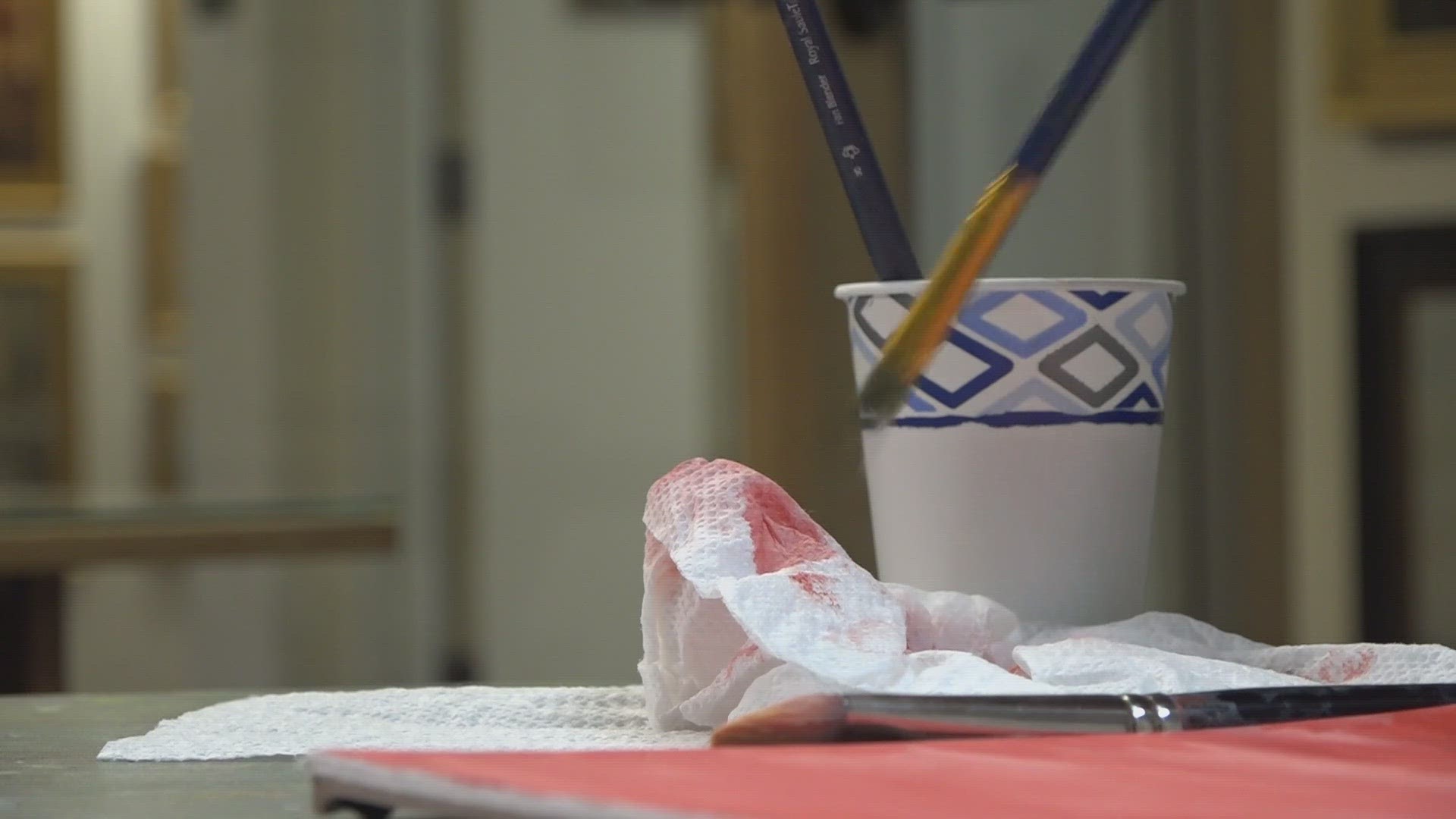PORTLAND, Maine — Frederick Ndabaramiye has experienced all sorts of adversity since an early age. He was born and raised in the African country of Rwanda soon after a civil war erupted there.
The Rwandan genocide of 1994 killed approximately 800,000 Tutsis and moderate Hutus by extremist Hutu groups. It started as an uprising against minority rule by Tutsis but turned very violent quickly, causing the mass murder of hundreds of thousands of Rwandans.
Ndabaramiye said he lost a lot of friends, neighbors, relatives, and even family members during the genocide. But that's not all. Rebels also tried to kill him 3 years later.
"The loss that my family and I experienced during the genocide became even more intense three years later, when there was a return of violence in the area from rebels who came out of hiding from the Congo," Ndabaramiye recalled.
He explained that he took a bus to pay a visit to his aunt who had recently lost her husband.
"This bus ride, however, led me on a very unexpected journey," Ndabaramiye said.
One that led him to a surprise attack from rebels.
Both of Ndabaramiye's hands were cut off by a machete during the attack, and he was left to bleed and die. He said it is a true miracle he is alive.
He shared how that very traumatic experience forced him to learn to do everything from scratch again, from showering to eating to doing things on his own, all without the use of his hands.
"The decision to do so was mine [to live]. I could continue to allow others to do everything for me that I wanted to do… or I could figure out a way to do these things for myself again," he said.
After many difficult years, Ndabaramiye found his purpose and a way for him to heal through art.
"I needed to learn to smile again," the artist said remembering the harsh days. "Experiencing trauma provided me with a different understanding of people who have experienced trauma and hardships in their life. Funny enough, it was the loss of my hands that gave me the deep desire to touch the lives of others like me, with understanding, encouragement, and love."
Art is a healing medium, he said, which has allowed him to heal and forget the painful memories.
"Wonderful therapy, I feel," he said.
Ndabaramiye said he uses vibrant colors and paints positive memories from everyday life in Rwanda.
Ndabaramiye focuses the bulk of his days on his own creations. He doesn't use any pictures to inspire him but rather his thoughts, positive memories, and scenes or animals found in Rwanda.
"I just do it from my head, and also I just want to do something to inspire others," the artist said. "No matter what happens to you, just focus on your future and be positive, and keep doing good things."
Gallery owner Leslie Gatcombe-Hynes, owner of Roux & Cyr International Fine Art Gallery in Portland, said Ndabaramiye walked into her gallery one day and excitingly told her he was an artist. When she saw his art and learned his story, she said it was a no-brainer for her to include his work in the showroom.
"I was really impressed with how he had overcome his adversity by his positive spirit and by using art, and I think of art as a really healing medium," Gatcombe-Hynes said.
Now, the Rwandan artist is even interested in teaching classes to Mainers on his painting techniques and style.
Andy Ryer, who is the community librarian at Thomas Memorial Library in Cape Elizabeth, also was blown away by the Rwandan's talents and incredible story of survival. The library will be showcasing Ndabaramiye's pieces for the next month.
"To my knowledge, we've never had anything quite like this before," Ryer said. "A lot of our artists are local, but with Frederick being originally from Rwanda, his art has a totally different flavor to it than what we normally have."
Frederick said he supports himself through his unique and colorful paintings he sells at an affordable price.
His art will be on display at the Roux & Cyr Gallery in Portland and for a limited time at the Thomas Memorial Library in Cape Elizabeth.

